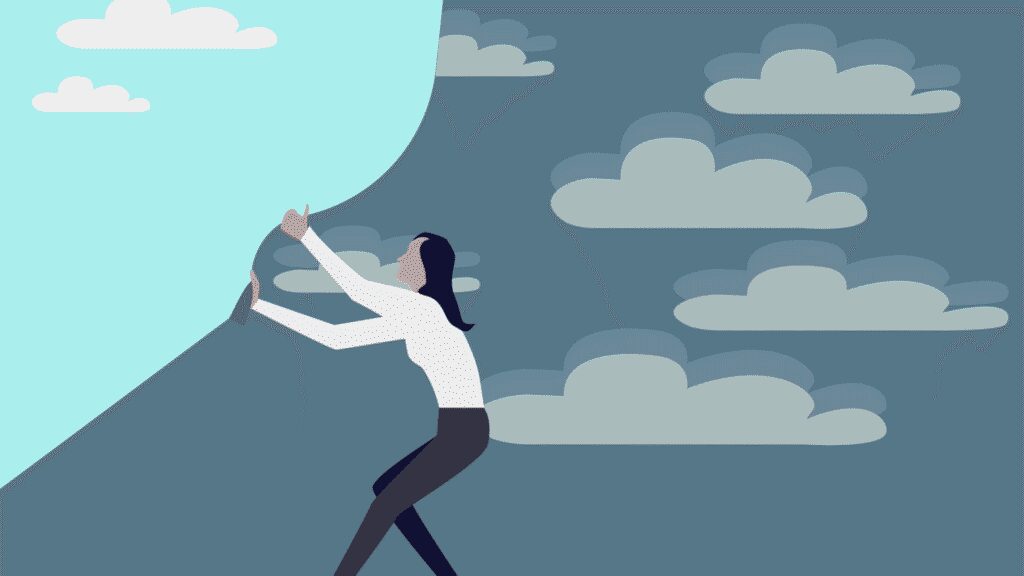For most of the day, your brain is on autopilot, guiding you along your familiar drive home and throughout the daily routine you know so well, says psychotherapist and author Steven Stosny.
The “autopilot brain handles the grunt work,” he tells CNBC Make It, adding that it’s “impulsive” and driven by learned reactions and triggered by familiar situations and habits. On the other hand, your reflective brain uses reason and deep thinking to work through problems.
Though the autopilot brain uses far less energy, it does have its shortcomings.
The autopilot brain “assumes, judges, blames, and avoids,” Stosny, who founded Compassion Power, where he treats conditions like chronic resentment and anger, wrote in a recent article for Psychology Today. It can’t help you overcome prejudices against people, for example, or work through anger.
Instead, the autopilot brain leaves you stuck inside those thoughts and feelings.
That’s why, whether in a moment of frustration or of judgment toward another person, Stosny advises you turn to your reflective brain. That’s “the regulatory part of the brain,” he says, and “the part that calms you down when you’re upset, or revs you up if you’re feeling down.”
‘How can I make this a little better?’
To help his clients activate their reflective brain in their day to day, Stosny directs them to pay attention to how they’re feeling. If they encounter a moment in the day when they’re feeling disappointed or angry, for example, he encourages them to ask themselves, “how can I make this a little better?”
That in and of itself will start to activate their reflective brain and take them out of the cycle of negative emotion, he says.
Help us help you: Take our survey on work, money and life goals
The brain has confirmation bias, Stosny notes. So, he also tells his patients to answer this question: “what’s the evidence against what I’m believing right now?”
Your brain will notice what confirms your theories and ignore or dismiss what’s contrary to them.
“I might believe that my neighbor is a terrible person and my brain is automatically going to look for evidence of how terrible my neighbor is,” Stosny says. “But if I say, ‘what’s the evidence against that? Well, you know, my neighbor is a good parent. They keep their lawn nice.'”
These habits help you train your brain to be more reflective on a regular basis, as opposed to leaning into that autopilot and getting stuck in loops that drag you down. And that helps rewire your thinking so that being reflective becomes automatic.
“Anything you do repeatedly, your brain will eventually do automatically,” he says.
Want to stand out, grow your network, and get more job opportunities? Sign up for Smarter by CNBC Make It’s new online course, How to Build a Standout Personal Brand: Online, In Person, and At Work. Learn from three expert instructors how to showcase your skills, build a stellar reputation, and create a digital presence that AI can’t replicate. Sign up today with coupon code EARLYBIRD for an introductory discount of 30% off the regular course price of $67 (plus tax). Offer valid July 22, 2025, through September 2, 2025.
Plus, sign up for CNBC Make It’s newsletter to get tips and tricks for success at work, with money and in life, and request to join our exclusive community on LinkedIn to connect with experts and peers.


